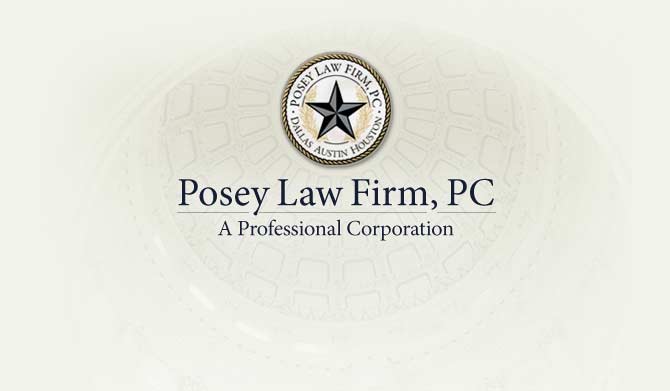Proprietary information is business information that has independent economic value from not being disclosed to competitive businesses or the general public. Also called trade secrets, it can include formulas, processes, or production methods, or business plans and structures such as salary structures or marketing plans. Proprietary information can also include specialized knowledge or skills that key employees gain from their employment.
In an age when transparency is a key value consumers look for, how are companies managing proprietary trade information? A key leadership position can be the information officer. This leader is responsible for determining what information has economic value and is critical to business health, and which information can be shared under a promise or value of transparency. Further, the information officer can put protections in place and ensure they are being properly implemented across the company. This position can be a full time or collateral position, or consultants can be used as information specialists.
The legal redress from a breach of proprietary information is based on the Economic Espionage Act of 1996, and that was developed in part from the Uniform Trade Secrets Act. There is a significant body of case law at this point to suggest some best practices. According to Jake Posey, managing shareholder of The Posey Law Firm, PC, litigation to recover economic damages after a disclosure of proprietary information is always a slow and expensive way to plug a leak. The courts are clear that the expectation is that businesses take steps to protect their proprietary information, and this includes employees with specialized skills and knowledge.
Nondisclosure agreements, with non-compete clauses for employees, need to be used across the board, and need to be properly signed, dated, and filed. It is a reasonable quality assurance measure to check that these agreements are properly signed and filed, and updated as needs change, such as when employees change positions. Vendors and contractors also need to be educated in proprietary information and their disclosure restricted by contract.
Businesses can also restrict or compartmentalize information, and properly secure access to online and cloud-based data bases. The use of personal electronic equipment that is web-enabled and wearable tech that is web-enabled can also be restricted or eliminated as needed. Staff training should include proprietary information updates, including issues of social media, photography in the workplace, and expected parameters of employee behavior.
For more information on safeguarding proprietary information in your business, please contact us.

